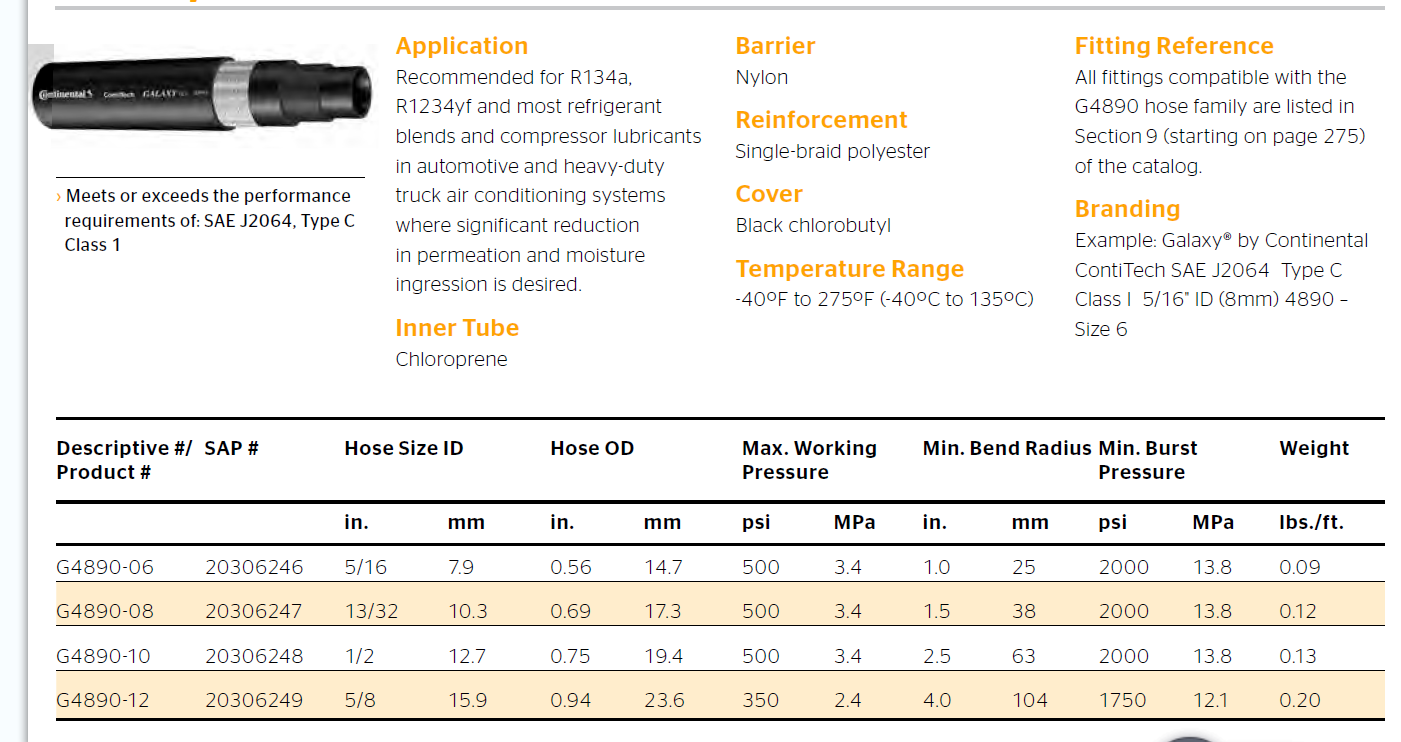Choosing the Right Gas Hose for Your Vehicle Essential Tips and Recommendations for Safety
Jul . 27, 2024 02:02 Back to list
Choosing the Right Gas Hose for Your Vehicle Essential Tips and Recommendations for Safety
The Importance of Gas Hoses in Automotive Functionality
In the world of automotive engineering, every component plays a crucial role in ensuring the safe, efficient, and reliable functioning of a vehicle. Among these components, the gas hose stands out as a vital element responsible for transporting fuel from the tank to the engine. Understanding the importance of gas hoses can shed light on their role in vehicular performance and safety.
What is a Gas Hose?
A gas hose is a flexible conduit designed to carry fuel, typically gasoline or diesel, from the fuel tank to the engine's fuel system. These hoses are typically made from high-quality materials that are resistant to the corrosive properties of fuel and can withstand varying temperatures and pressures encountered in running engines. With the ongoing advancements in automotive design and engineering, gas hoses have evolved significantly, incorporating innovative materials and technologies to enhance their durability and performance.
Types of Gas Hoses
There are various types of gas hoses depending on their intended use and the type of fuel they are meant to transport. Some common types include
1. Rubber Gas Hoses Traditionally used in many vehicles, rubber hoses remain popular due to their flexibility and cost-effectiveness. However, they can degrade over time with exposure to fuel and extreme temperatures.
2. Polyurethane Hoses These hoses offer better resistance to chemicals and abrasion compared to traditional rubber hoses. Their flexibility and strength make them a suitable choice for modern fuel systems.
3. Stainless Steel Braided Hoses Used primarily in performance vehicles, these hoses provide extra strength and protection against wear and tear. Their ability to handle higher pressures makes them ideal for racing applications.
Why Gas Hoses Matter
The gas hose not only serves the fundamental function of transporting fuel but also plays a crucial role in vehicle safety and performance. Here are a few reasons why gas hoses matter
gas hose car

1. Safety A damaged or degraded gas hose can lead to fuel leaks, which pose a significant fire hazard. Regular inspection and maintenance of gas hoses are essential to ensure that they remain in good condition and do not present a risk to the vehicle and its occupants.
2. Performance The efficiency of fuel delivery directly impacts the performance of the vehicle. A worn or blocked gas hose can disrupt fuel flow, leading to problems such as engine misfires, reduced power, and decreased fuel efficiency.
3. Environmental Protection Fuel leaks not only harm vehicle performance but also lead to environmental pollution. A well-maintained gas hose minimizes the risks of leaks, contributing to cleaner air and reducing one’s carbon footprint.
Maintenance Tips
To ensure the longevity and performance of gas hoses, regular inspections are essential. Here are some maintenance tips
- Visual Inspections Periodically check hoses for signs of wear, cracking, or swelling. If any damage is observed, it's wise to replace the hose immediately.
- Check Connections Ensure that the hose connections are secure and free from leaks. Pay attention to any fuel odors, as they may indicate a connection issue.
- Follow Manufacturer Guidelines Adhere to the recommended service intervals for replacement, as suggested in the vehicle’s manual.
Conclusion
In summary, gas hoses are more than just simple conduits for fuel; they are integral to the safe and efficient operation of automotive systems. Whether in standard vehicles or high-performance cars, investing in quality gas hoses and maintaining them properly is a critical aspect of vehicle ownership. By understanding the importance and function of gas hoses, car owners can take proactive steps to enhance their vehicle's safety and performance while also making a positive impact on the environment.
